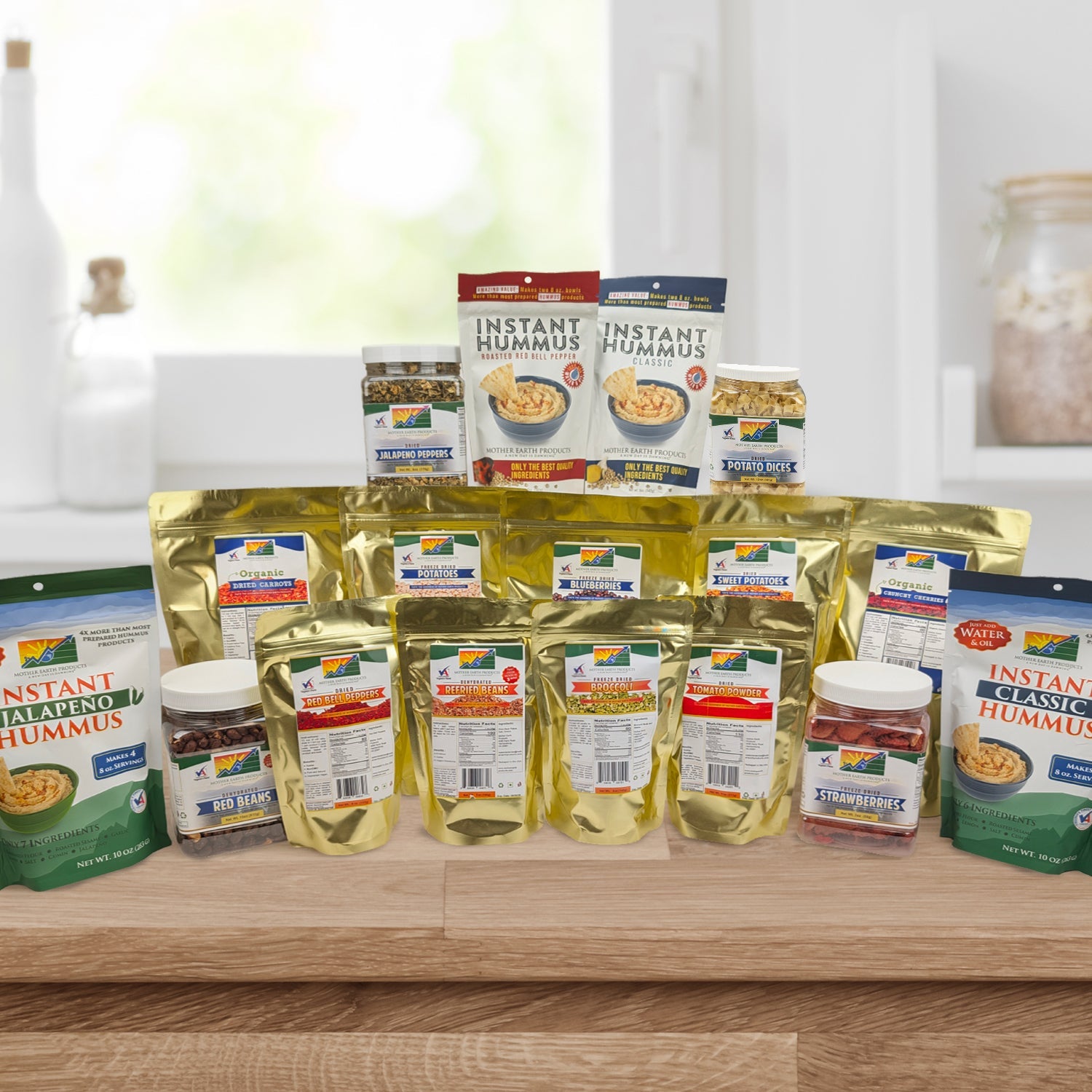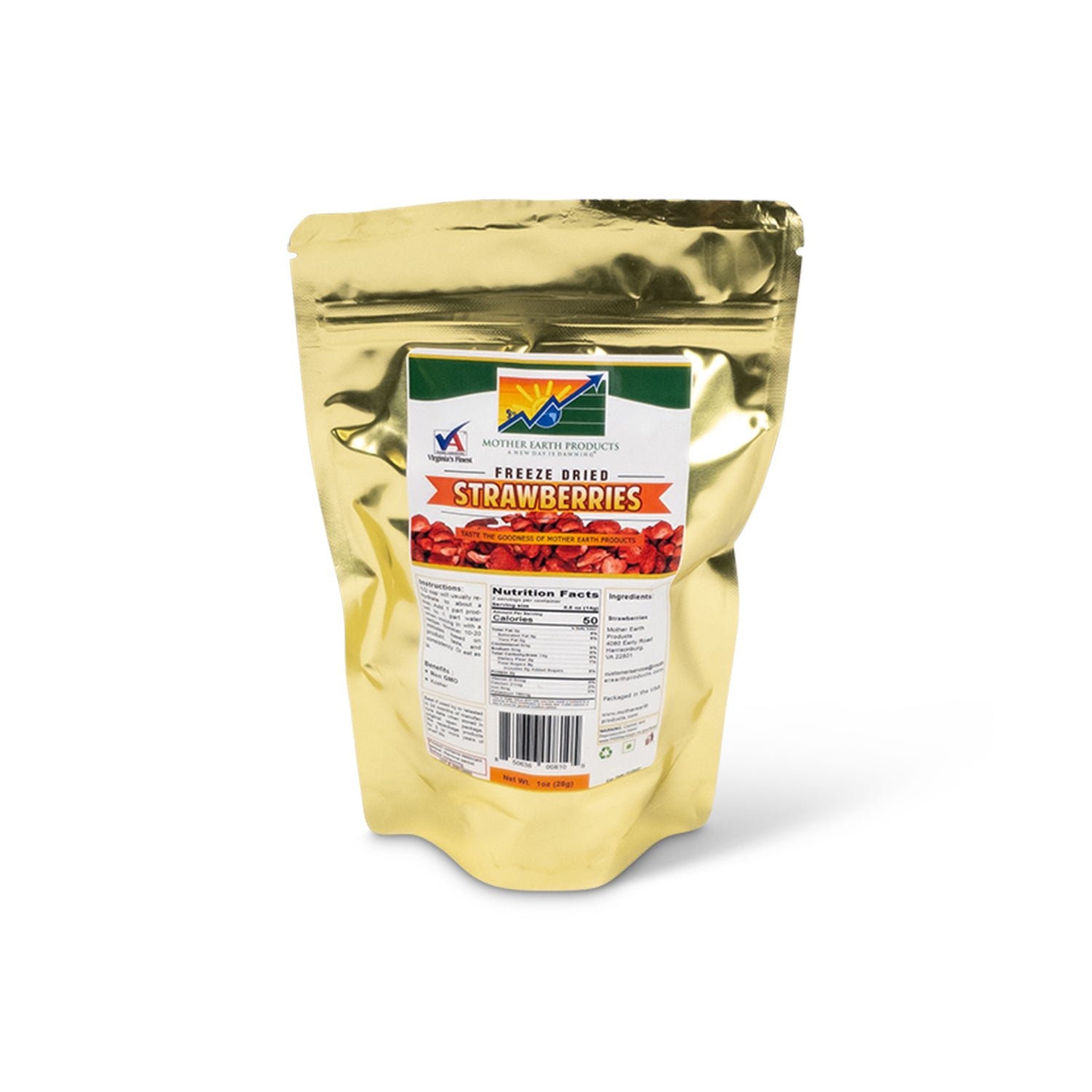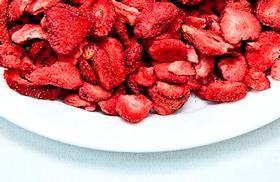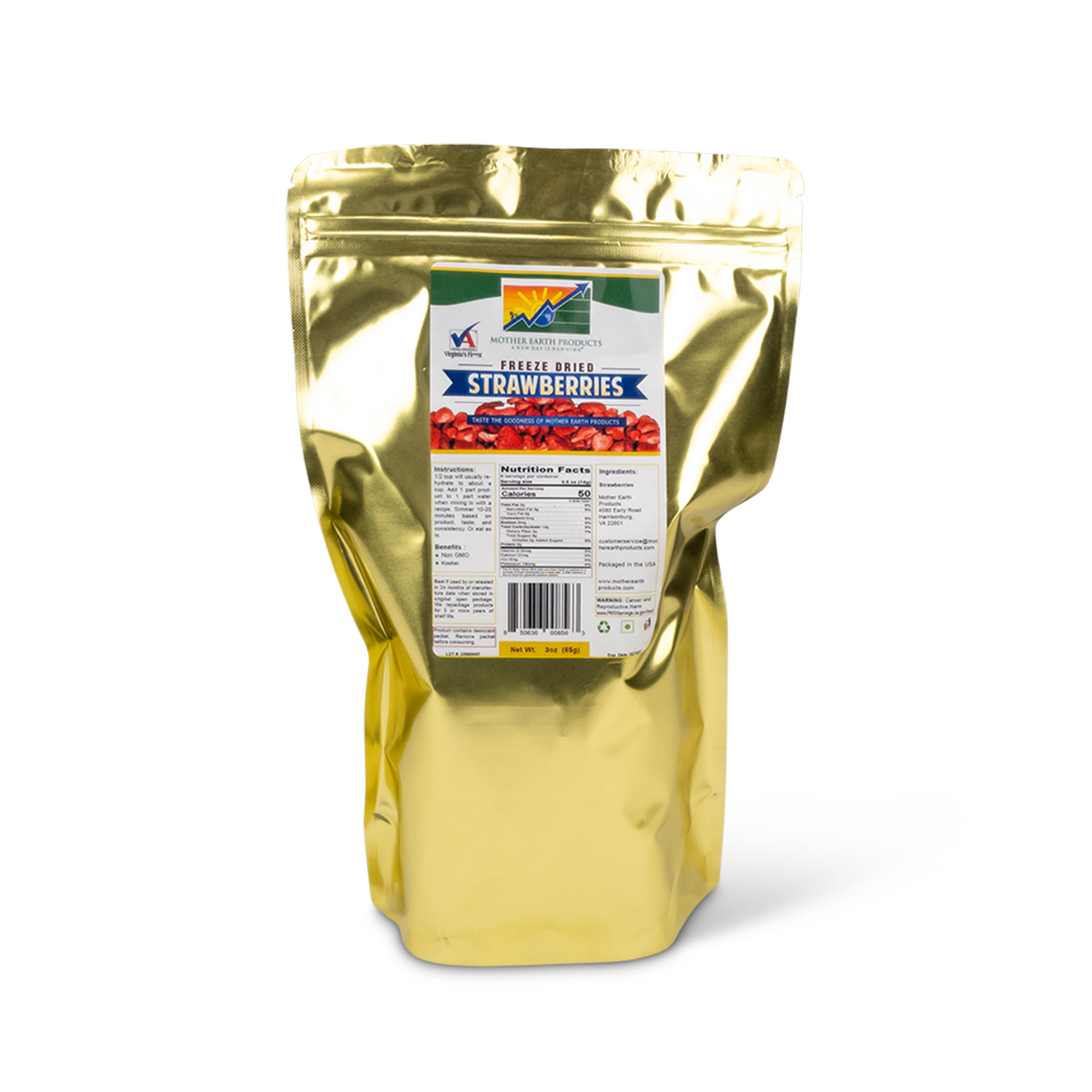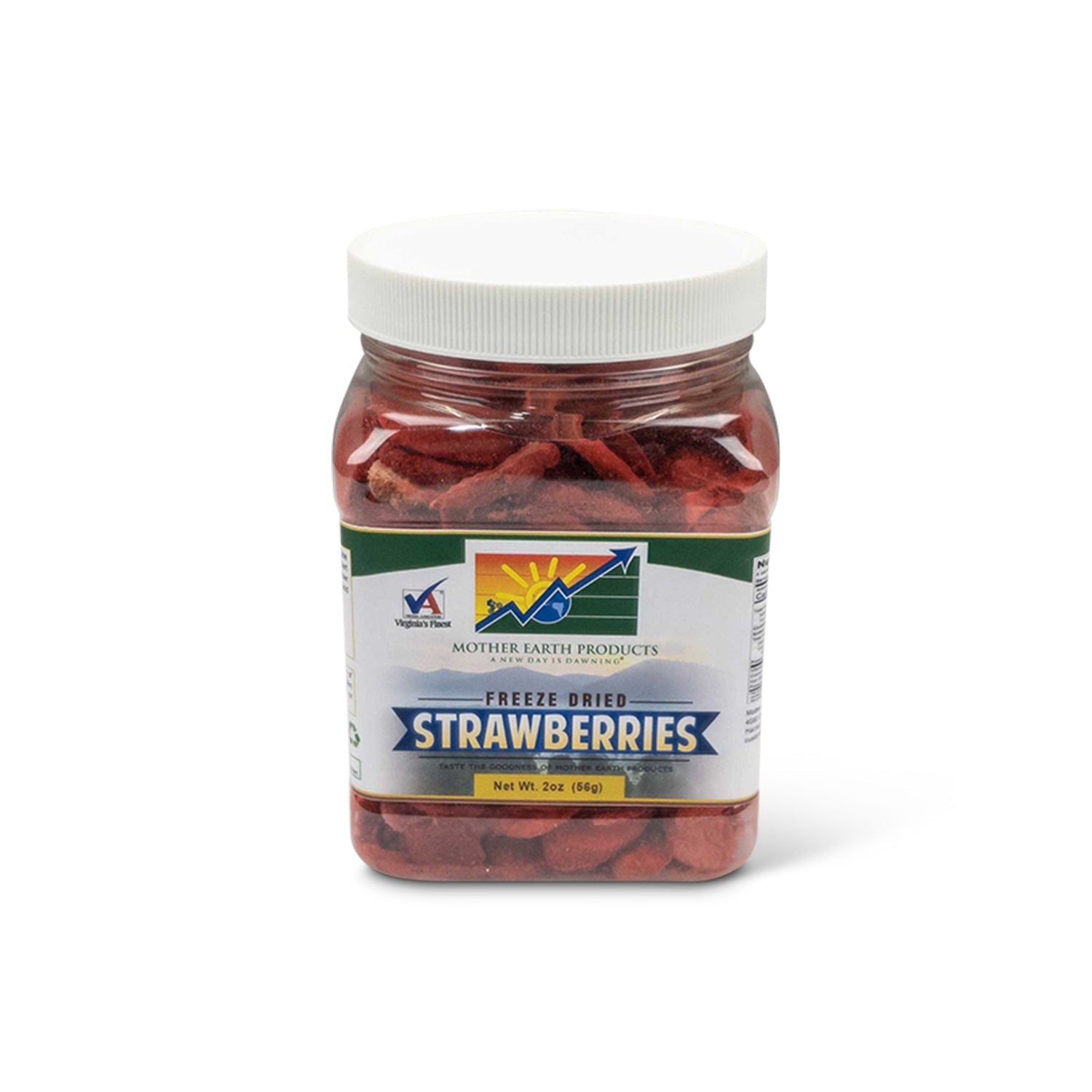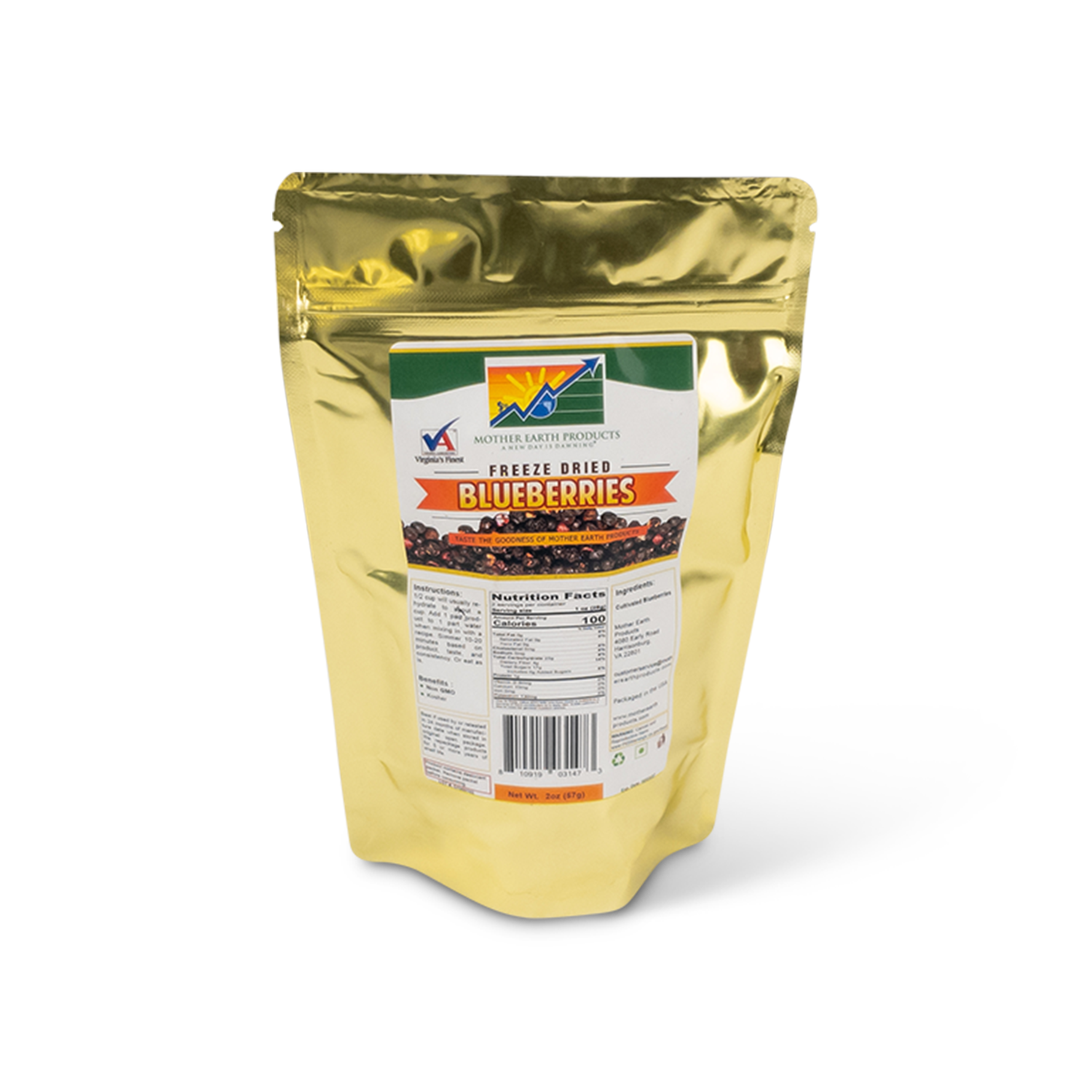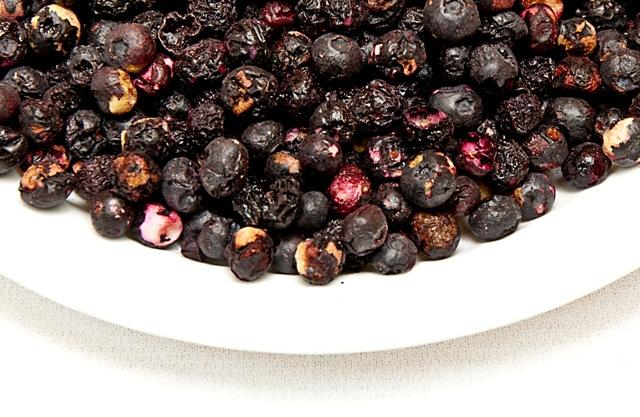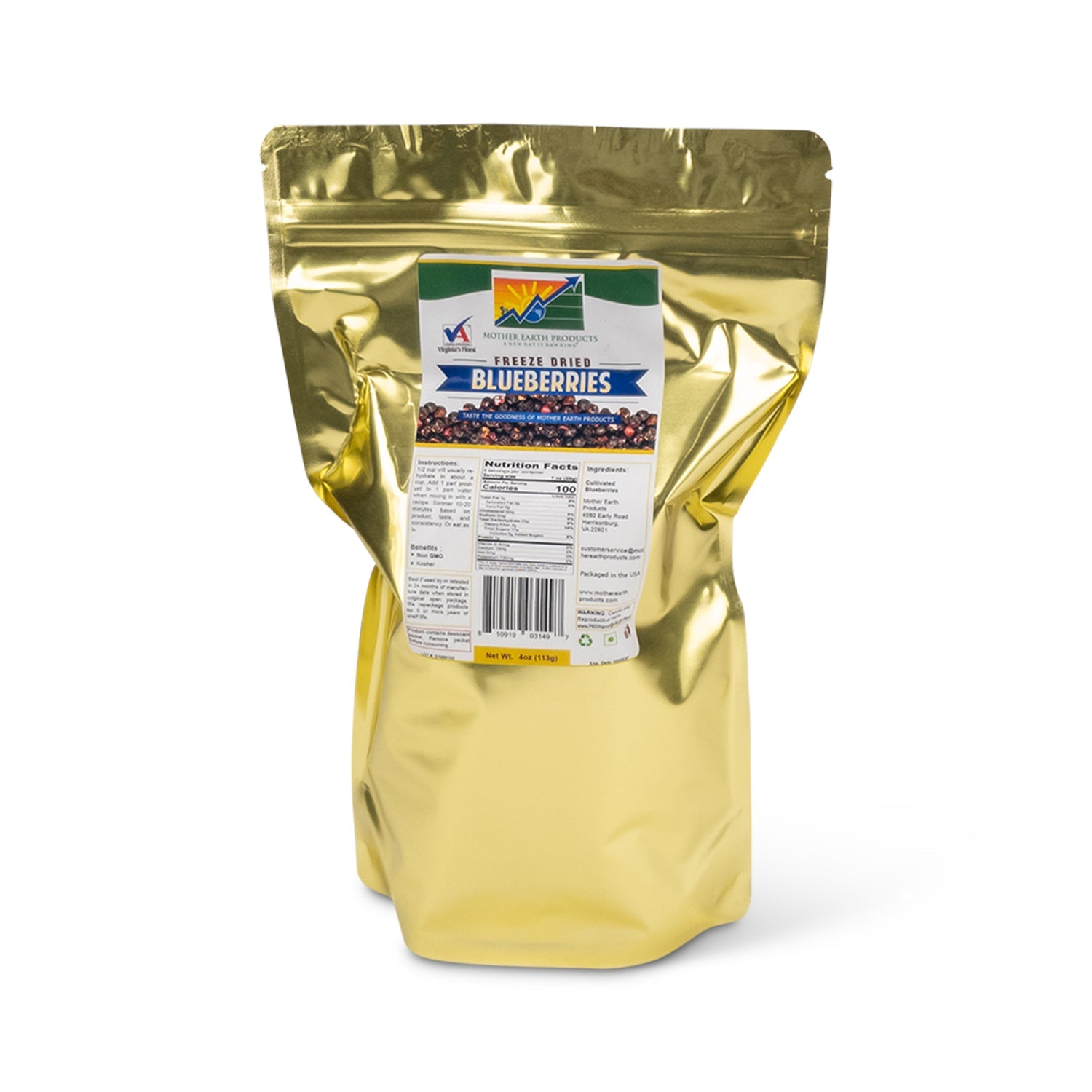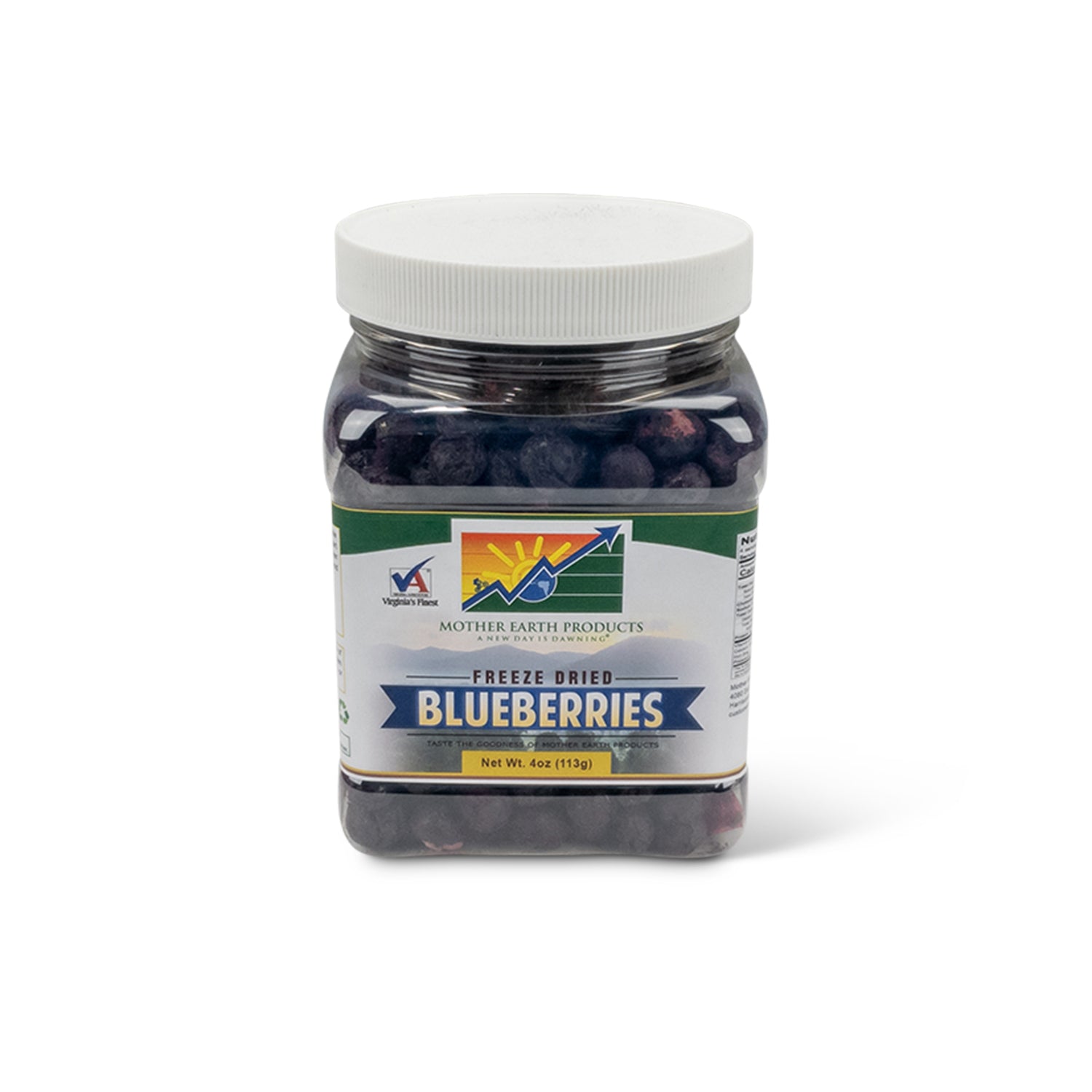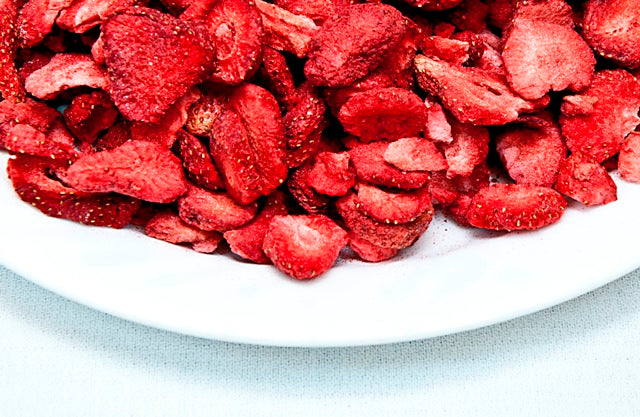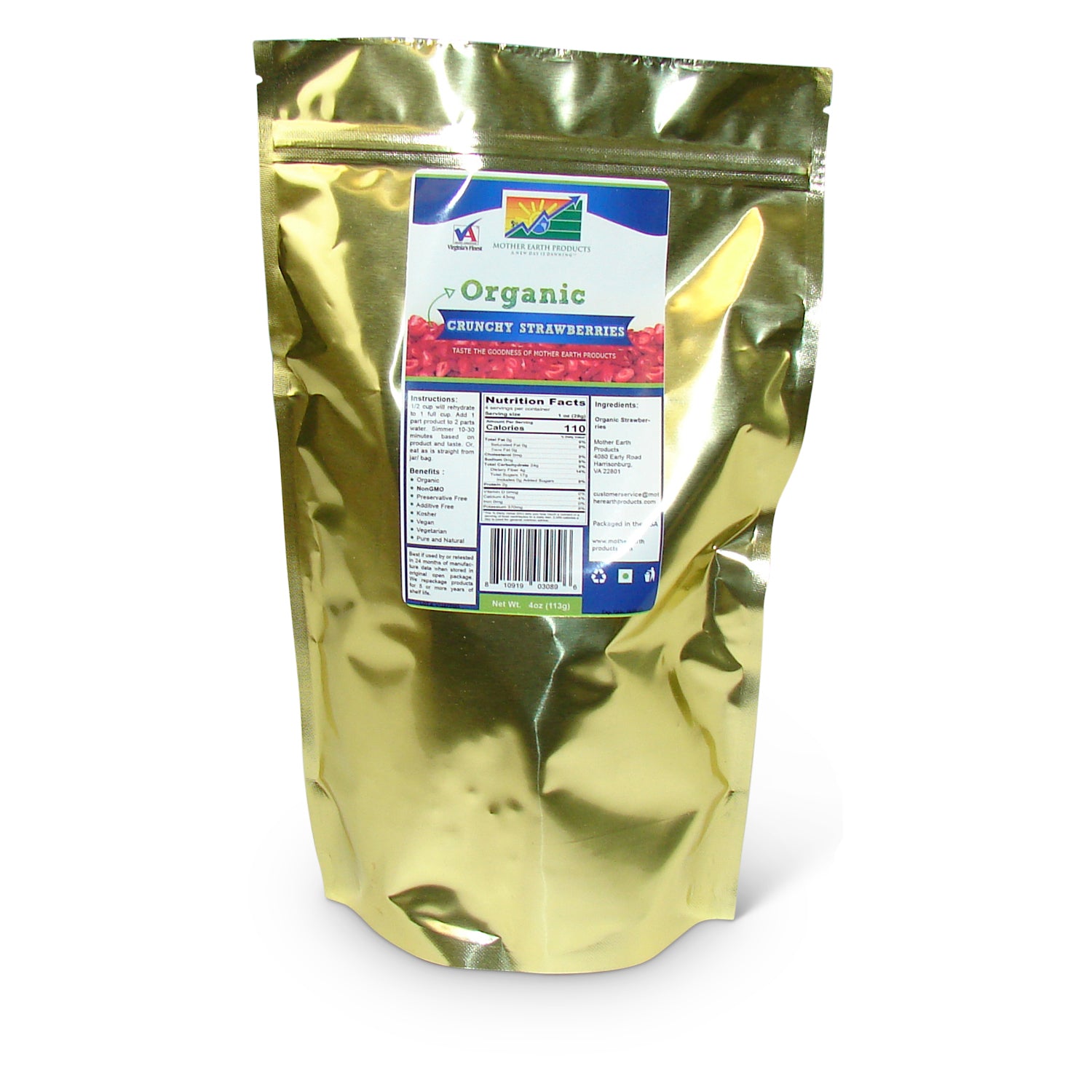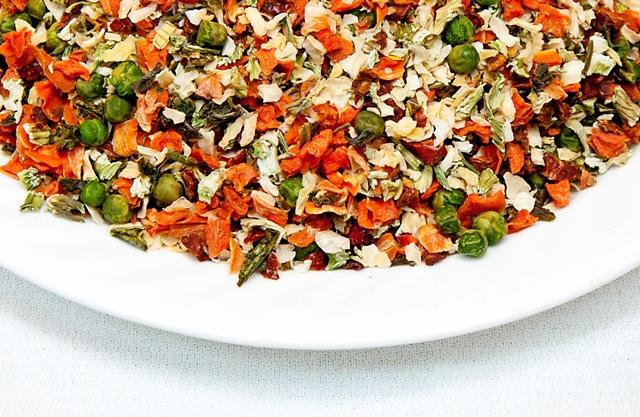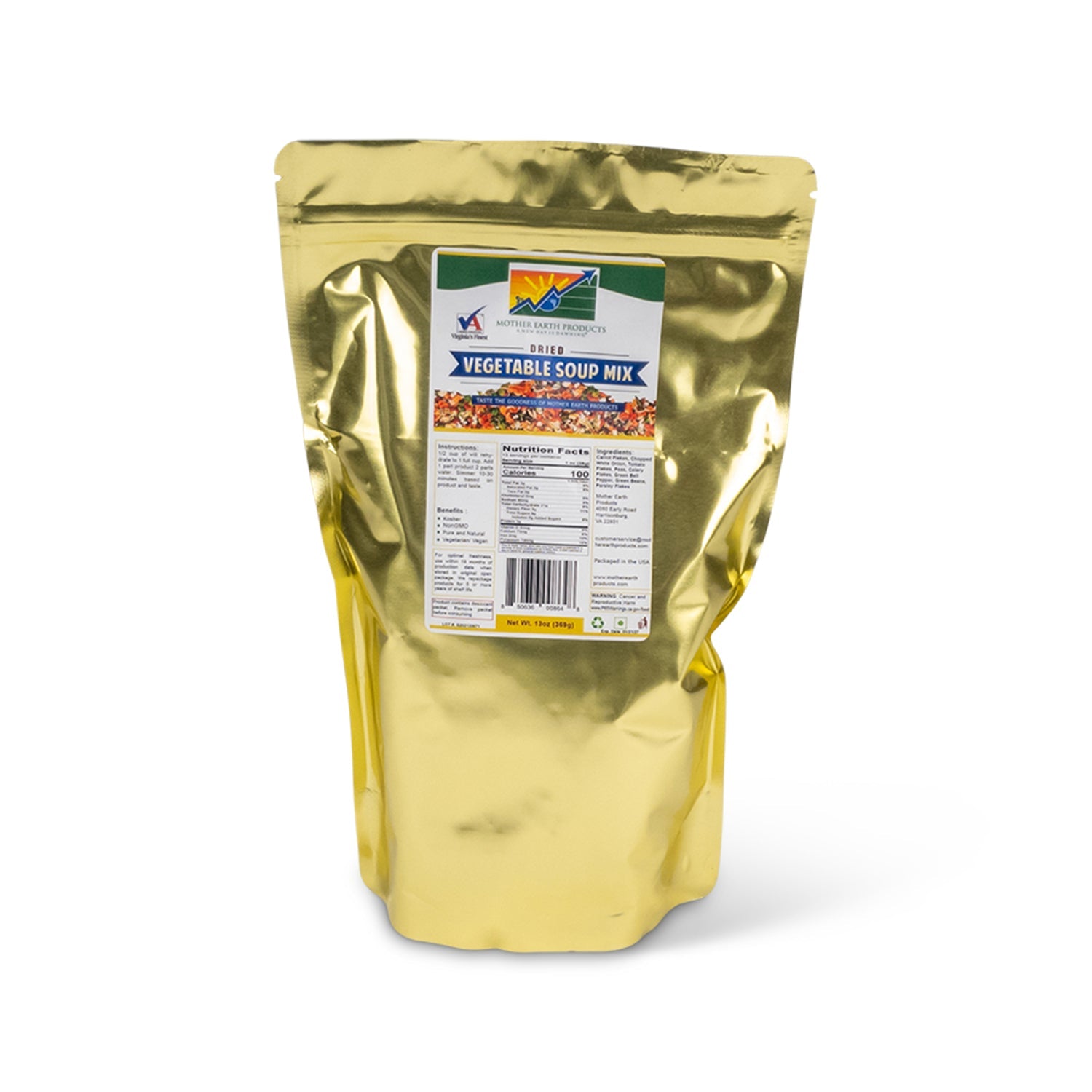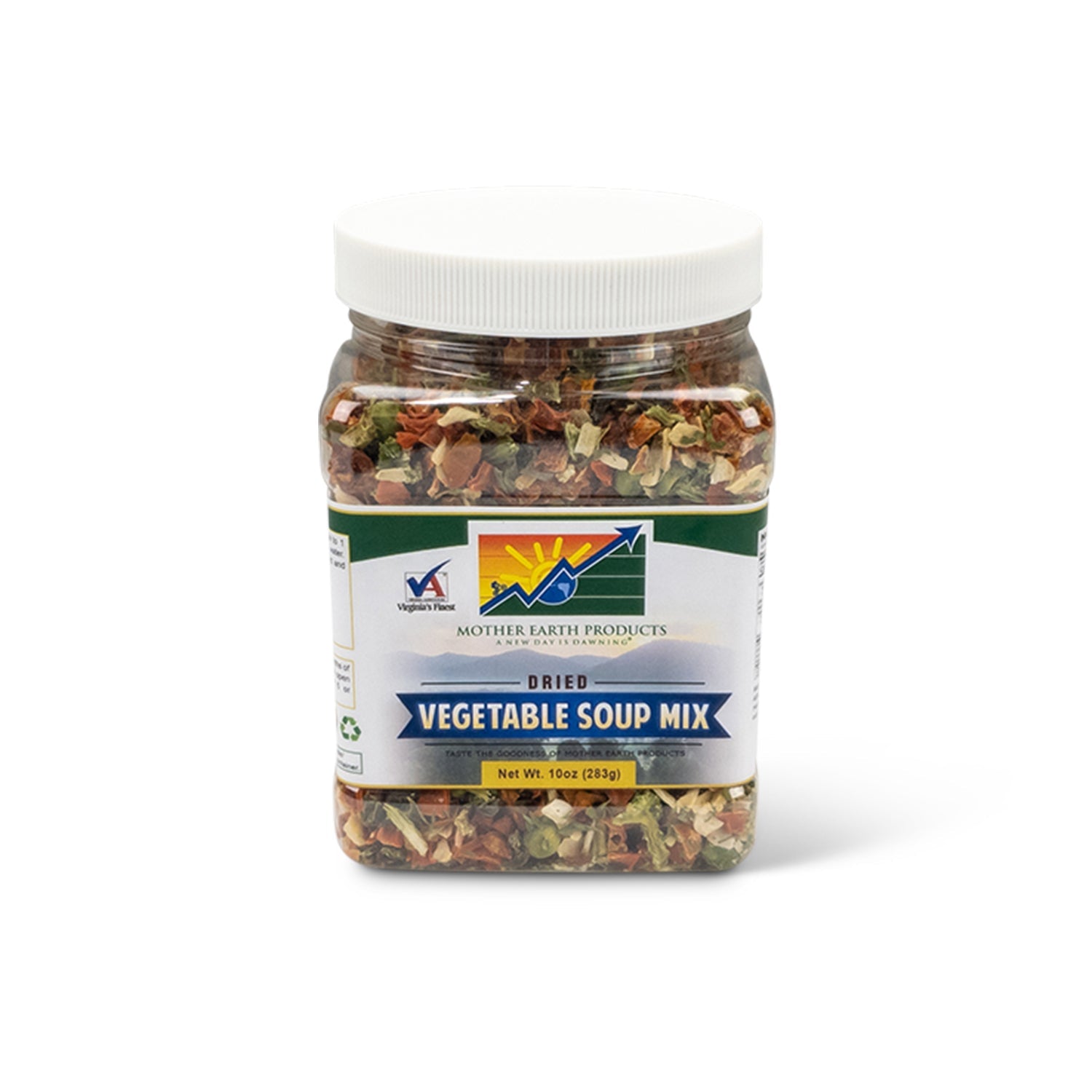Health advice spreads quickly—but not all of it is rooted in science. Some myths refuse to die, despite being disproven years ago by credible research. Let’s bust three of the most persistent health myths that continue to mislead even the most well-intentioned wellness seekers.
🥚 Myth #1: Eating Eggs Raises Your Cholesterol
This one has lingered for decades—but it’s simply not true.
According to Harvard Medical School, dietary cholesterol from foods like eggs has minimal impact on blood cholesterol levels for most people. Why? Because cholesterol molecules are too large to pass through the intestinal lining in significant amounts. The body tightly regulates cholesterol production and absorption, meaning your liver adjusts its output depending on how much you consume.¹
Additionally, eggs are rich in lecithin, a compound that actually helps regulate fat and cholesterol metabolism. Unless you have a specific medical condition like familial hypercholesterolemia, eggs are a nutritious and heart-healthy food choice when eaten in moderation.
✅ The takeaway: Cholesterol in food ≠ cholesterol in your blood. Sugar, trans fats, and stress are far more influential on your lipid levels.
🥩 Myth #2: Searing Meat Seals in Juices
This long-standing cooking myth dates back to the 1800s and a German chemist named Justus von Liebig, who believed high-heat searing would "seal" the juices in meat—similar to cauterizing a wound.
Modern food science says otherwise.
Harold McGee, in his landmark book On Food and Cooking, put this theory to the test. He found that seared meat actually lost just as much—if not more—moisture than unseared meat when cooked to the same internal temperature. The browning from searing adds flavor through the Maillard reaction, but it does not create a moisture barrier.
✅ The takeaway: Searing enhances flavor, not juiciness. To retain moisture, cook meat gently and avoid overcooking.
🥦 Myth #3: Fresh Vegetables Are Always More Nutritious Than Frozen or Freeze-Dried
"Fresh is best" sounds logical—but when it comes to fruits and vegetables, it’s not always true.
Unless you’re harvesting produce straight from your garden and eating it within hours, those “fresh” vegetables from the grocery store may be a week or more old. During transportation and storage, nutrient degradation begins—especially with sensitive vitamins like vitamin C.
Research from UC Davis shows that vegetables stored at 39°F for 7 days lost up to 77% of their vitamin C content (green beans being the most affected).³ In contrast, flash-frozen or freeze-dried produce is often processed within hours of harvest, locking in nutrients at peak freshness.
Some commercial apples are stored for months and gassed to prevent ripening, losing much of their nutritional value by the time they reach your plate.
✅ The takeaway: Frozen and freeze-dried fruits and vegetables can actually be more nutritious than store-bought “fresh” produce.
🧠 Final Thoughts
Don’t let outdated health advice guide your habits. With science on your side, you can make better choices—whether it’s cracking open an egg, perfectly searing a steak, or reaching for a bag of freeze-dried spinach. The truth is, health myths only die when we stop believing them.
References
- https://www.health.harvard.edu/heart-health/are-eggs-good-or-bad-for-my-cholesterol
- https://pubmed.ncbi.nlm.nih.gov/16340654/
- https://www.heart.org/en/news/2019/03/18/are-eggs-good-or-bad
- https://www.seriouseats.com/the-food-lab-complete-guide-to-pan-seared-steaks
- https://www.cooksillustrated.com/how_tos/8625-does-searing-meat-seal-in-juices
- http://www.fruitandvegetable.ucdavis.edu/files/197179.pdf
- https://www.ncbi.nlm.nih.gov/pmc/articles/PMC5533891/
- https://www.nal.usda.gov/fnic/freezing-and-nutrition



